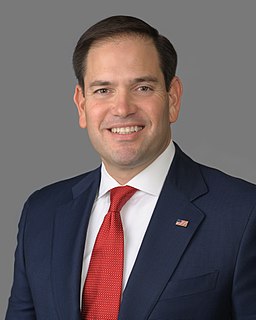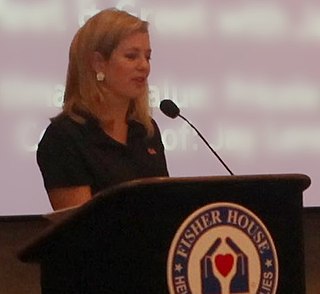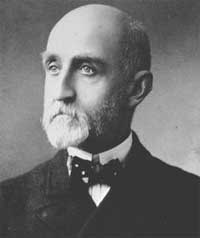A Quote by Sebastian Junger
What is and isn't justified by military necessity is, naturally, open to interpretation. One of the key concepts, though, is the law of proportionality. A military attack that results in civilian casualties - 'collateral damage' - is acceptable as long as the military benefits outweigh the price that is paid by humanity.
Related Quotes
"Peace" is a condition in which no civilian pays any attention to military casualties which do not achieve page-one, lead-story prominence-unless that civilian is a close relative of one of the casualties. But, if there ever was a time in history when "peace" meant that there was no fighting going on, I have been unable to find out about it.
In truth the importance of U.K. airstrikes and the U.K.'s eight additional planes is more political than military. It is in honesty a micro military issue. There is no great military necessity for the U.K. to be involved since planes are queuing up from a wide range of countries over the skies of Syria.
In recent years the military has gradually been eased out of political life in Turkey. The military budget is now subject to much more parliamentary scrutiny than before. The National Security Council, through which the military used to exercise influence over the government is now a purely consultative body. But Turkish society still sees the military as the guarantor of law and order. The army is trusted, held in high regard - though not by dissident liberals. When things go wrong, people expect the military to intervene, as they've intervened over and over again in Turkish history.
There has been a constant struggle on the part of the military element to keep the end- fighting, or readiness to fight-superior to mere administrative considerations. The military man, having to do the fighting, considers that the chief necessity; the administrator equally naturally tends to think the smooth running of the machine the most admirable quality.
The intellectual and moral failures common to America's general officer corps in Vietnam and Iraq constitute a crisis in American generalship. Any explanation that fixes culpability on individuals is insufficient. No one leader, civilian or military, caused failure in Vietnam or Iraq. Different military and civilian leaders in the two conflicts produced similar results. In both conflicts, the general officer corps designed to advise policymakers, prepare forces and conduct operations failed to perform its intended functions.



































